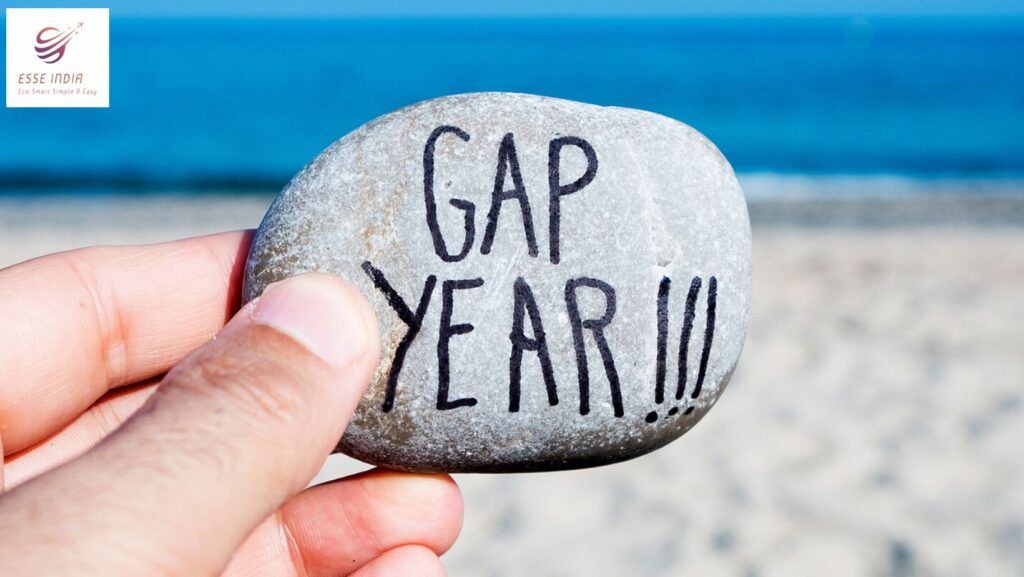
Taking a gap year—a break between high school and college—may spark concerns about its impact on acceptance at Canadian schools. However, Canadian educational institutions generally view gap years favorably, recognizing the value of experiential learning and personal development during this time. Admissions committees appreciate the diverse experiences and perspectives that students bring after a gap year, enhancing the vibrancy of campus communities.
To maximize the benefits of a gap year, students should craft a well-thought-out plan that aligns with their academic and personal goals. This may involve engaging in internships, volunteering, or pursuing independent projects to gain valuable skills and insights. When applying to Canadian schools, applicants should articulate how their gap year experiences have contributed to their growth and readiness for higher education.
Success stories abound of students who have taken gap years and gone on to achieve academic and professional success, demonstrating the positive impact of this decision. By strategically utilizing a gap year and effectively communicating their experiences, students can enhance their chances of acceptance at Canadian schools and embark on a fulfilling educational journey.
A gap year, a hiatus taken between high school and college, often raises questions about its effect on acceptance into Canadian universities. However, Canadian academic institutions generally view gap years favorably, recognizing the benefits of experiential learning and personal growth during this time. Admissions committees value the diverse perspectives and enriched experiences that students bring after a gap year, enhancing the overall campus environment.
To make the most of a gap year, students should carefully plan activities that align with their academic and personal goals. This could involve internships, volunteer work, or independent projects aimed at developing valuable skills and insights. When applying to Canadian universities, applicants should highlight how their gap year experiences have contributed to their readiness for higher education.
Numerous success stories exist of students who have taken gap years and achieved academic and professional success, underscoring the positive impact of this decision. By strategically utilizing their gap year and effectively conveying their experiences, students can enhance their prospects of acceptance into Canadian universities and embark on a fulfilling educational journey.
Opting for a gap year, a hiatus taken between completing high school and starting college, often raises concerns about its impact on acceptance into Canadian universities. However, Canadian academic institutions generally view gap years favorably, recognizing the potential for experiential learning and personal growth during this time. Admissions committees appreciate the diverse perspectives and enriched experiences that students bring after a gap year, contributing positively to campus dynamics.
Introduction
Embarking on the journey of higher education often prompts students to contemplate various decisions that may impact their academic and personal growth. One such decision is whether to take a gap year—a break from formal education—before pursuing higher studies. Among the questions that arise, one common concern is whether a gap year will affect one’s chances of acceptance at a Canadian school. In this article, we delve into the implications of taking a gap year and how Canadian educational institutions perceive this decision.
Understanding the Gap Year

A gap year typically involves taking a year off between completing high school and starting college or university. During this time, students may engage in a variety of activities such as traveling, volunteering, interning, or working to gain new experiences and skills. The gap year concept has gained popularity globally as students seek opportunities for personal development and self-discovery before committing to their academic pursuits.
Factors to Consider Before Taking a Gap Year

Before deciding to take a gap year, students should consider various factors, including their academic goals, personal interests, financial situation, and long-term plans. Reflecting on these aspects can help individuals determine whether a gap year aligns with their aspirations and whether it will contribute positively to their overall growth and development.
How Canadian Schools View Gap Years

Canadian schools generally view gap years favorably, recognizing the value of experiential learning and personal development during this time. Admissions committees understand that gap years can provide students with valuable insights, skills, and perspectives that enhance their academic performance and contribute to a diverse and vibrant campus community.
Strategies for Maximizing a Gap Year

To maximize the benefits of a gap year, students should develop a clear plan and set achievable goals. This may involve pursuing internships, volunteering with organizations aligned with their interests, undertaking independent research or study projects, or gaining work experience relevant to their field of study. Additionally, students can use this time to explore their passions, develop leadership skills, and cultivate meaningful connections that will enrich their college experience.
Addressing Gap Years in College Applications
When applying to Canadian schools, applicants who have taken a gap year should clearly articulate how they utilized this time to pursue meaningful experiences and further their personal and academic goals. This can be done through written statements, letters of recommendation, and interviews, where students can highlight their accomplishments, skills acquired, and lessons learned during their gap year.
Success Stories of Students Who Took Gap Years
Numerous success stories abound of students who took gap years and went on to excel in their academic and professional endeavors. From starting their own businesses to conducting groundbreaking research, these individuals demonstrate the transformative power of taking time off to explore and pursue one’s passions before embarking on the rigors of higher education.
Conclusion
In conclusion, while the decision to take a gap year may initially raise concerns about its impact on acceptance at Canadian schools, it is important to recognize that gap years can be highly beneficial for personal and academic growth. By carefully considering the factors involved, developing a strategic plan, and effectively communicating their experiences and achievements, students can successfully navigate the college admissions process and embark on a fulfilling educational journey in Canada. Ultimately, whether or not to take a gap year is a deeply personal decision that should be made based on individual circumstances, aspirations, and aspirations.





